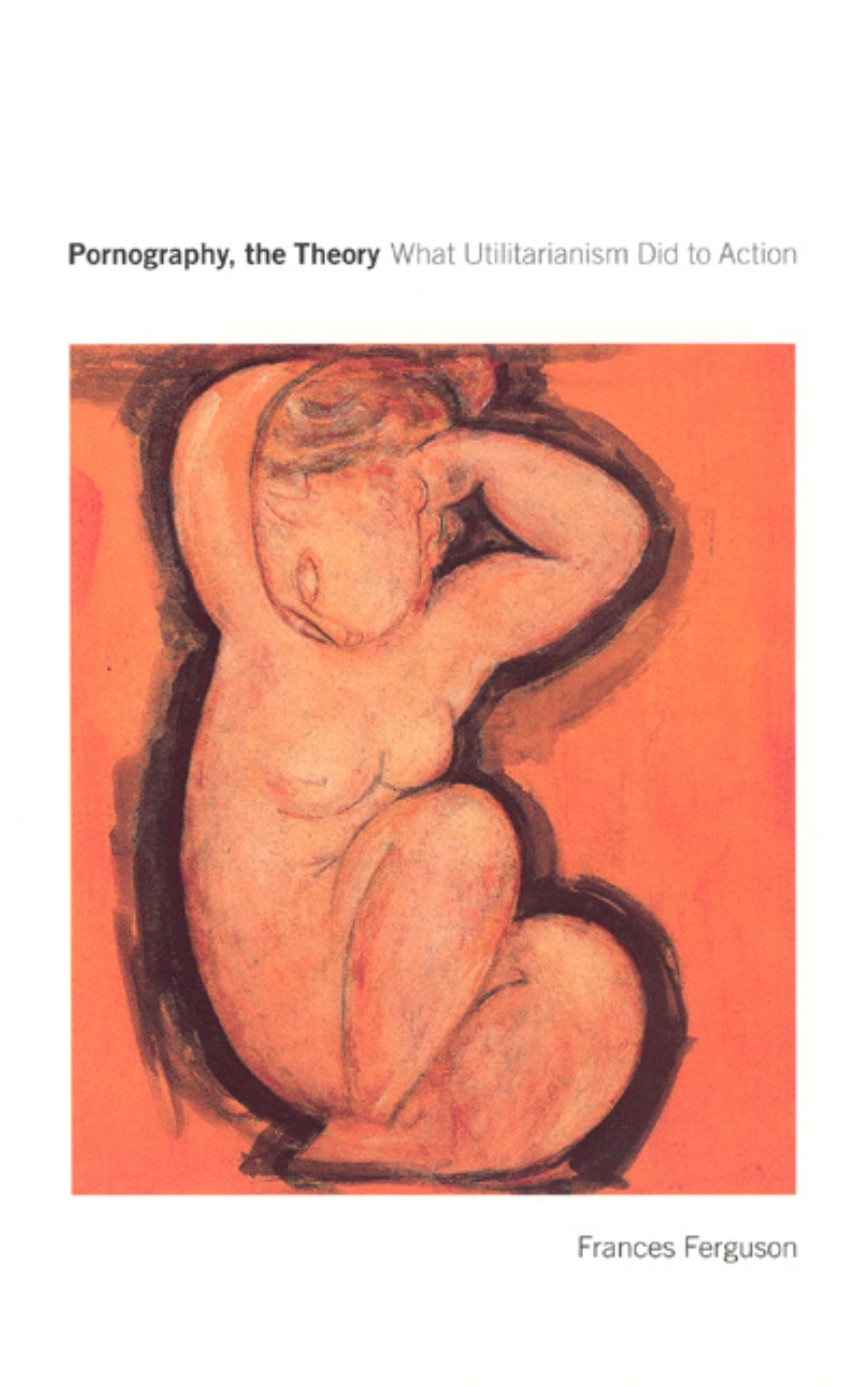Pornography, the Theory
What Utilitarianism Did to Action
Pornography first developed in western Europe during the late eighteenth century in tandem with the rise of utilitarianism, the philosophical position that stresses the importance of something’s usefulness over its essence. Through incisive readings of Sade, Flaubert, Lawrence, and Bret Easton Ellis, Frances Ferguson here shows how pornography—like utilitarian social structures—diverts our attention from individual identities to actions and renders more clearly the social value of such actions through concrete literary representations.
208 pages | 6 x 9 | © 2004
Literature and Literary Criticism: Romance Languages
Political Science: Political and Social Theory
